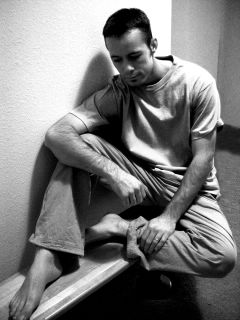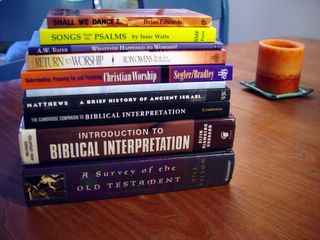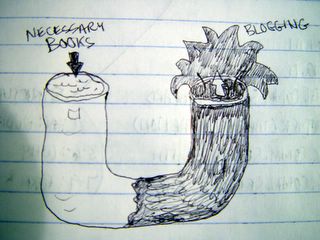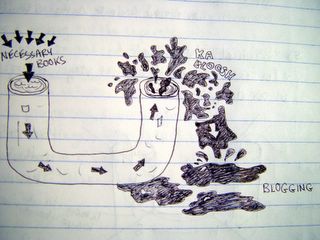
Defeat has some unforeseen consequences—what would look to be a devastating loss, debilitating hardship, is never merely that. There is, I think, something paradoxical in disaster.
Every hero story known to man includes some kind of awful setback. Our tendency is to think, “That’s tragic. Why’d he have to go through that? …Well, I guess it added some needed pathos. Dramatic tension, climactic conflict, whatever.”
What we often miss is the fact that the hero wouldn’t be a hero without the catastrophe. Disaster in some form is essential to heroism.
When I consider the various periods of adversity and upheaval in my life I conclude…biting my lip slightly…bottom line, I come out in the black. Black isn’t always pleasant, since there’s often a lot of blue associated with it, but it beats the uncontrolled bleeding of red.
Some events that seemed presently cataclysmic are now merely comedy. Other blows still sting. But 40 years from now, and to a limited extent, today, when I examine my life I won’t conclude that I really became me in “that one six month window of pure bliss.”
Tragedy and pain have a defining effect. That doesn’t mean we don’t want to take a swing, knock the sucker—some sucker, any sucker—down. But there it is.
For some reason, I repeatedly think about Hercules in this context. Strangely, in varying stories, he represents both sides of the “tragedy” equation, the oppressor and oppressee.
Take Hercules and Anteus, the so-called “son of Earth.” The Greek Wonder traveled cross-continent to fight Anteus, not expecting much of a challenge. When the opening bell sounded he grabbed Anteus and threw him—multiple times. The giant would have soon succumbed to death by body-slamming, except for his symbiotic relationship with “Mother” dirt. Every time he got thrown, he gained strength from the soil, and got up buffer. Kept on reviving his career, reinventing himself, like a mythic MJ. Finally, Hercules raised him off the ground and held him ‘til he stopped squirming.
I find myself relating more to Anteus here. It wasn’t the knockdowns that did him in. Hercules rubbed his face in it, and this just furthered the contest. The pain of defeat was the impulse to victory. Nitty gritty reality (dirt) kept him going. It was the final, devastating separation from reality that signaled curtains. If only he’d found a way to keep his feet on the ground.
Put me in Anteus’ corner on this one. Discount the “giant” status, and he’s me, he’s you, he’s the Chumba Wumba in all of us. The key thing is to absorb the impact, readjust your vertebrae, and get up. A conclusive divorce from dusty reality—fatalism, defeatist or escapist thinking—would be the real death knell.
My second Hercules reference puts the hero in Anteus’ prior position, and in our shoes. As Shakespeare wrote:
"Let Hercules himself do what he may. The cat will mew. The dog will have his day."
Exactly. Suddenly the tables are turned, and now I’m feeling for Hercules. No matter what you do, no matter how hard you try, despicability has its moments of triumph. You may do everything right. You may be the kind and sensitive type with a heart for the public welfare and a friendly twinkle in your eye—you’ll still take the hits. No one, it turns out, is invincible.
As Peter, the disciple of Jesus, wrote to the first-century Christ-followers, “My friends, don’t be surprised at the burning pain of trials, as if something strange were happening…the suffering is to strengthen you, make you ready for impending glory” (1 Peter 4:12-13, The Bible – my paraphrase). As history has proven, that “church” took Peter’s exhortation to heart. In the beginning, Christ’s people were a race of heroes. They learned something Jesus himself had proven.
Heroes suffer like everyone else. Unlike everyone else, they let tragedy, or what appears to be tragedy, do its work. Then they stagger back to their feet, wipe something from their eyes, and stride into the horizon.





%20049.jpg)














2 comments:
Post a Comment